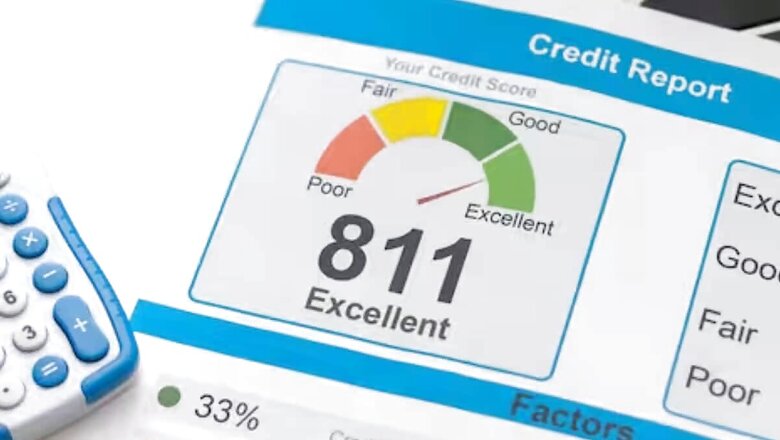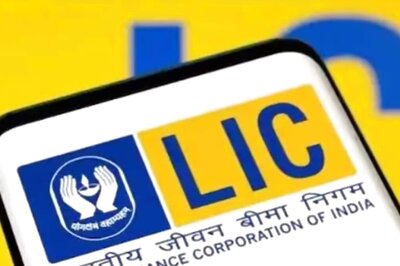
views
Improving your credit score involves building a history of responsible borrowing and managing your credit well. Improving your credit score, whether it’s measured by CIBIL or any other credit bureau like Experian or Equifax, is crucial for accessing favourable financial products and services.
Also Read: Invest & Save Tax With This Mutual Fund, Know What Is ELSS, Check Benefits Here
A credit score is a three-digit number typically ranging from 300 to 900 that reflects a person’s creditworthiness. It’s a metric used by lenders to assess the risk of lending money to you. A higher score indicates a better credit history and increases your chances of loan approval and favourable interest rates.
Here are some tips to help you improve your credit score and bust some common myths surrounding credit scores:
- Pay your bills on time: Payment history is one of the most critical factors in determining your credit score. Ensure that you pay your bills, including credit card bills, loan EMIs, and utility bills, on time.
- Keep credit card balances low: Maintaining high credit card balances relative to your credit limits can negatively impact your credit score.
- Monitor your credit report: Regularly check your credit report for errors or inaccuracies that could be dragging down your score. Dispute any discrepancies you find with the credit bureau.
- Diversify your credit mix: Having a mix of different types of credit, such as credit cards, loans, and mortgages, can positively impact your credit score. However, don’t open accounts you don’t need just to diversify your credit mix.
- Keep old accounts open: Closing old credit accounts can shorten your credit history, which may negatively affect your score. Keep older accounts open, even if you don’t use them frequently, to maintain a longer credit history.
- Avoid frequent credit inquiries: Applying for new credit frequently can signal to lenders that you’re experiencing financial difficulties or are overextended. Only apply for credit when you need it.
- Understand the impact of settling debts: Settling debts for less than the full amount owed can still show up on your credit report and may negatively impact your credit score. Aim to pay off debts in full whenever possible.
Now, let’s address some common myths surrounding credit scores:
- Closing credit card accounts improves your credit score: Closing credit card accounts can actually harm your credit score, especially if they have a long history. It reduces your available credit and can shorten your credit history, both of which can negatively impact your score.
- Checking your credit report lowers your score: When you check your credit report or score, it’s considered a soft inquiry and doesn’t impact your credit score. However, hard inquiries from lenders can slightly lower your score.
- Carrying a balance on your credit card helps your score: Carrying a balance on your credit card doesn’t improve your credit score. It can lead to higher interest charges and negatively affect your credit utilisation ratio.
- Your income affects your credit score: Your income is not directly included in your credit score calculation. However, lenders may consider your income when assessing your creditworthiness for certain types of loans.
By following these tips and understanding the myths surrounding credit scores, you can take control of your financial health and improve your creditworthiness over time.




















Comments
0 comment